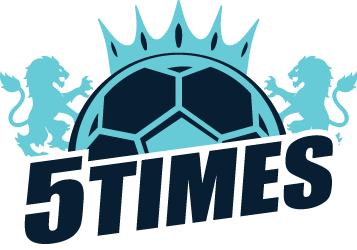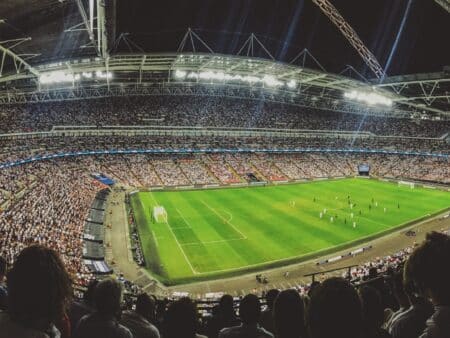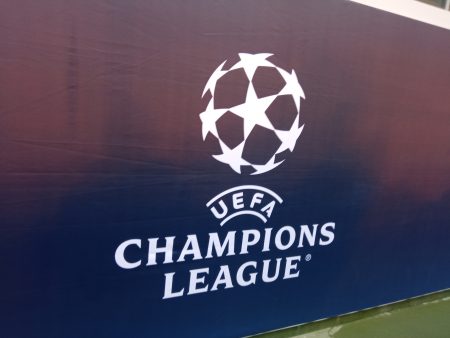
Shocking Truth About Pro Soccer Player Ages (and Why It Matters!)
Beyond the Rookie
Soccer isn’t just the world’s most popular sport — it’s one of the most physically demanding. Players typically run between 7 and 10 miles over the course of one match, all while taking and avoiding tackles, pursuing opponents, and dealing with the psychic pressure of competing on hostile fields. Inset that with the ceaseless calendar of league matches, cup competitions, and international duties, and you have a profession that is punishing — physically and mentally.
It’s no surprise, then, that soccer is often seen as a young person’s game. But what is the average age of soccer players? How young is too young to break into the top flight? And how old is too old to still perform at the highest level?
Professional Soccer Player Age
Through the years, the age of soccer players has changed. In the 1960s, it wasn’t atypical for players to be competing well into their late 30s, if not early 40s. In the 1970s, and even more so in the 1980s, as the game turned increasingly physical and competitive, the age for retirement began dropping.
When researchers analysed squads of players appearing in the UEFA Champions League in the 1990s, they found the average age of players was 26.2. Still, for as much as we’ve innovated around training and recovery, that number hasn’t budged much. Today, the average age of players in Europe’s top leagues is close to 26.7 years. But that is only half the story. When you break it down by club, by position, by league, you see a much broader range of ages, and each has its own logic.
How Significant Is Age in Soccer?
Age matters—not just for the performance on the pitch, but also in the business side of the sport. A player’s age is directly tied to their market value. After turning 30, most players start to see their transfer value decline, regardless of how well they’re playing. Clubs see younger players as long-term investments, while older players are often viewed as short-term fixes or mentors.
Contract negotiations are also age-sensitive. Major clubs like Real Madrid and Liverpool are famously cautious about renewing contracts for players over 35. Only exceptional performances or leadership qualities earn those rare late-career extensions.
But it’s important to remember that not all positions age the same way. A striker’s timeline isn’t the same as a goalkeeper’s.
Age by Position
Goalkeepers tend to peak later than outfield players. Since their role is less about sprinting and more about positioning, decision-making, and reflexes, they often reach their prime between 29 and 33. Some even extend their careers into their 40s. Just ask Oliver Kahn or Gianluigi Buffon.
Defenders, particularly central defenders, often hit their stride around 28 or 29, when tactical awareness and experience can make up for any lost pace. Midfielders—especially box-to-box types—usually peak earlier, around 26, as their role demands both creativity and high energy. And then there are forwards. These are often the youngest stars in any squad, with peak performance typically hitting at 25. Their game relies on explosiveness, speed, and instinct—qualities that naturally decline with age.
What’s the Average Debut Age of Soccer Players?
There’s no set age for when a player should make their debut, but trends suggest a general window. Most players break into top-tier European teams between the ages of 20 and 22, often after years spent in youth academies or smaller leagues.
However, in recent years, the youngest soccer players in top leagues have made headlines on BetUS sports betting online as they break into elite squads. This shift can be credited to better scouting networks, more advanced training systems, and clubs increasingly willing to bet on young talent in competitive leagues.
Who’s the Youngest Soccer Player Right Now?
Some prospects don’t just get called up — they set records. Consider Ethan Nwaneri, who made his Arsenal debut in 2022, at just 15 years and 181 days, the youngest player in Premier League history. He just edged Jeremy Monga of Leicester City, who also debuted at 15.
And then there is Lamine Yamal, already a first-team regular at Barcelona at 17, and identified as the next great hope within the club, too.
But the youngest player who ever played a formal senior match? That’s a record that belongs to Christopher Atherton. He played for Glenavon in Northern Ireland at the age of 13 years and 329 days in 2022. Though his journey is still in the making, it’s a reminder of just how young the soccer journey can begin.
So, What’s the Magic Number?
There isn’t one. The right age to start (and the right age to quit) indeed varies by player, position, body, and attitude. For others, the peak is early, and the fall is quick. Some players seem ageless, cervically preserved into their late 30s.
In the end, soccer remains among the few professions where you can reach legendary status in your teens and retire before you turn 40 — unless you are a goalkeeper, of course.










